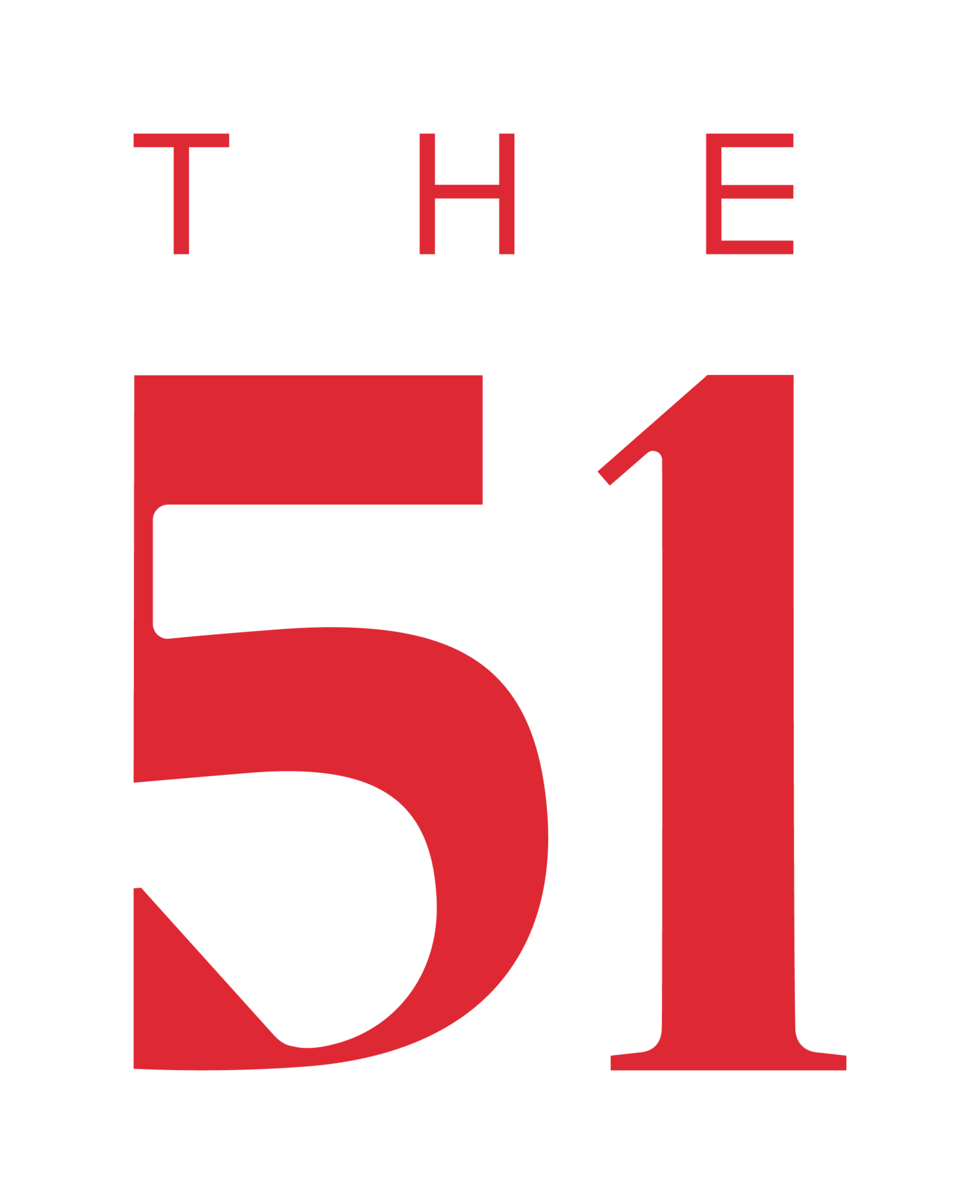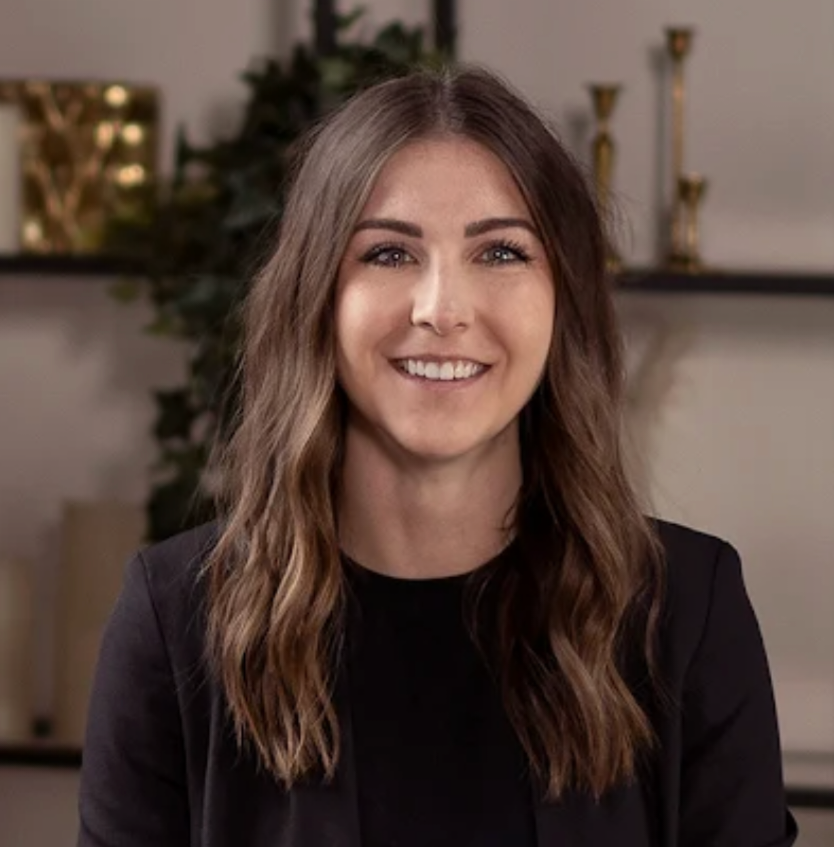Founder Friday with Chloe Smith of Mercator AI
Led by Chloe Smith, Mercator AI is a Calgary-based startup providing a market intelligence platform for the construction industry that maximizes relationship-based business development teams with real-time data. Mercator’s platform transforms industry data into early insights on new projects and allows teams to track the right opportunities and grow efficiently.
We caught up with Chloe to hear what’s new for Mercator AI, what’s coming up next, insights into what’s happening in the industry, and advice she would give to her past self and up-and-coming women founders.
What’s New
2023 was a year of growth, hitting milestones, pushing Mercator AI to new limits! In the past year, Mercator has achieved some remarkable milestones that Chloe and the team are incredibly proud of.
Kicking off the year, they successfully raised $5 million in funding, which has been instrumental in propelling their growth and innovation. The team has expanded significantly, going from a core team of five to a dynamic group of 15 talented individuals.
Perhaps one of the most exciting accomplishments is that Mercator AI reached their product-market fit with an initial set of beta customers, indicating that their market intelligence platform for the construction industry is meeting the needs of their clients. This achievement not only validates their vision but also sets the stage for further expansion and impact in the industry.
Through all the success, Chloe and the team have greatly appreciated the incredible support and collaboration within the Alberta tech community, which is a testament to the strength of the local ecosystem. Chloe received the 2023 Most Promising Founder award at the Start Alberta Tech Awards—the cherry on top of a strong year and a great recognition of Mercator AI's progress.
Chloe and the team are looking forward to what lies ahead as they continue to grow, innovate, and make a positive impact in the construction industry and beyond.
What’s Next
Chloe is incredibly excited about the future they’re creating at Mercator AI, and is passionate about solving a critical challenge people are facing today.
When looking at the current landscape of construction technology companies, none of them provide end-to-end market intelligence. Intelligence in construction is like a black box, and there is no single source of truth for early market intelligence.
The Mercator AI they offer today is designed to provide early project detection and lead generation tools. The team’s short-term goals include making major improvements to their backend to improve search performance, data quality, and prepare the platform to take on new markets in 2024.
These short-term goals focus on improving the way users search, the performance of their AI, and getting new data sets available in the platform.
The long-term vision is to create a suite of tools for real-time market intelligence that span from opportunity detection to risk detection, tracking the entire lifecycle of land and buildings to identify trigger moments for conversations and action. The team is excited to play a pivotal role in creating the next generation of insight-driven construction companies.
What’s Going On in the Industry
In terms of industry insights, there's a lot to consider in the construction space.
FOMO (or the Fear of Missing Out) is a concept that resonates strongly with many of Mercator AI’s customers, who are primarily involved in business development for general contractors.. For them, FOMO could be that perfect project that aligns with their specialization, size requirements, and target market. Customers often miss out on these opportunities because they don't hear about them in time. By the time they catch wind of a project, it's often no longer at a stage where their involvement would be beneficial.
Today's trends around getting involved in projects earlier and faster rely heavily on word of mouth, networking, and existing relationships. While companies still have success generating business with traditional methods,relying on these alone can mean limited visibility into the market and what’s going on — You never know who might be withholding information from you, even well-established connections.
Mercator AI is challenging that by showing the industry you can augment (and in some cases replace) the manual, time-consuming trends by instead leveraging technology, real-time data, and automated intelligence.
Chloe’s background is in marketing and advertising, not in construction. She’s worked with various consumer brands, and her expertise lies in helping business developers in the marketing and advertising space adapt quickly to new markets. However, coming from a construction family, she saw a significant opportunity from these trends.
Chloe’s father, who is in his 60s, is coming to the end of his career and is taking valuable relationships with him—directly threatening his company’s revenue stream. Chloe realized that she could apply many of the market mapping and contextual understanding techniques used in developing rapid marketing intelligence tools for the marketing and advertising industry to the construction industry. Think: tracking how the industry is evolving and changing, identifying new opportunities, and making informed decisions without necessarily hiring more staff. Because what’s happening is more of an intelligence challenge than a people problem.
A trend Chloe sees on the rise is the overwhelming interest in and implementation of AI and ML. She hopes to see AI seamlessly integrated into the industry, making technology almost invisible.
What does she see the future looking like? We should be able to interact with AI as naturally as having a conversation, where we can ask questions and receive immediate, context-aware answers. AI should be an integral part of our daily routines, making our work more efficient and effective.
Advice to Your Past Self & Other Women Founders
“In the early stages of starting a company, especially when you're young or in a male-dominated industry, it's easy to doubt yourself,” Chloe says. “Over time, I realized that trusting my vision and intuition was essential, and I shifted away from seeking external validation.”
“A key piece of advice is to see your biggest mistakes as learning experiences. You don’t know what you don’t know, so once you experience things—successes, failures, and all—you can learn, grow, and know better to do better.”
One of Chloe’s essential lessons on her startup CEO path was placing too much trust in external advice and not fully trusting her intuition. That gut feeling? Listen to it.


